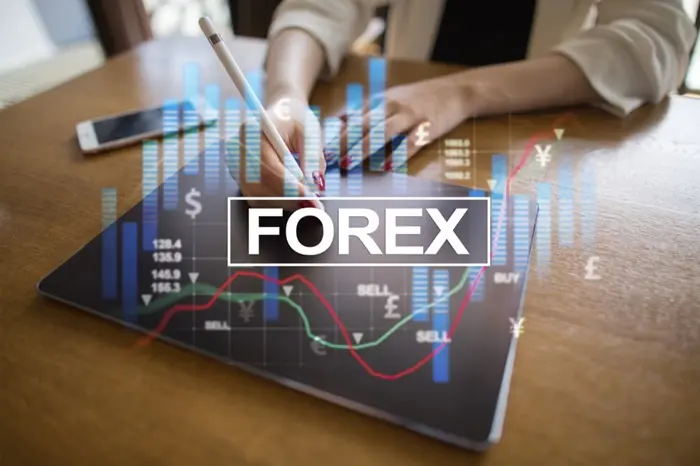Markets may be cheering the temporary U.S.-China trade ceasefire, but MacroMavens founder Stephanie Pomboy cautions investors against premature optimism. In an exclusive interview with Kitco News, the veteran strategist highlighted mounting debt pressures and weakening consumption that threaten to derail the current rally.
“This is just a 90-day timeout,” Pomboy said regarding the tariff reprieve. “The financial media’s treating it like a permanent resolution—but that’s not reality.” While the Dow Jones surged over 1,000 points on the news, Pomboy pointed to the 10-year Treasury yield’s jump to 4.49% as a more telling indicator. “That’s my top macro signal,” she emphasized. “Persistently high long rates spell trouble for our overleveraged economy.”
Debt Wall Looms as Credit Stress Mounts
Pomboy outlined a perfect storm of financial vulnerabilities. Corporate America faces $1 trillion in debt maturing in 2025, with another trillion due shortly after. “Debt service costs have doubled since the Fed began tightening in 2022,” she noted. Meanwhile, foreign demand for U.S. Treasuries—particularly from China—continues to wane.
“If China stops buying our debt, we need to find another buyer immediately,” Pomboy warned. “The Fed remains the only realistic candidate to absorb this issuance.” She believes political considerations now constrain Fed Chair Jerome Powell’s decisions. “Powell won’t risk appearing to cave to political pressure, making rate cuts unlikely regardless of economic data.”
Consumer Weakness Emerges Amid Market Exuberance
Recent data reveals troubling cracks in the economy’s foundation. Pomboy cited record credit card delinquencies, rising bankruptcies, and even McDonald’s reporting its weakest sales since pandemic lockdowns. “The consumer is clearly struggling,” she said, “yet equity valuations remain historically stretched.”
“The market could halve and still be overvalued,” Pomboy asserted. “I’m avoiding stocks at these levels entirely.” Instead, she’s increasing gold exposure, seeing the yellow metal as a hedge against an impending reset in global trade and financing dynamics. “If we’re resetting trade relationships, we must also address how we finance deficits—that discussion hasn’t even begun.”
Long-Term Opportunity After Short-Term Pain
Despite her near-term concerns, Pomboy expressed measured optimism about America’s economic future—if policymakers make difficult but necessary adjustments. “If we endure this transition and rebuild a production-based economy, the opportunity to acquire quality companies at attractive valuations could be extraordinary,” she concluded.
The strategist’s warning comes as gold maintains its appeal among cautious investors, with many anticipating further market turbulence ahead. As Pomboy’s analysis suggests, today’s market highs may rest on increasingly unstable foundations.
Related topics:
































